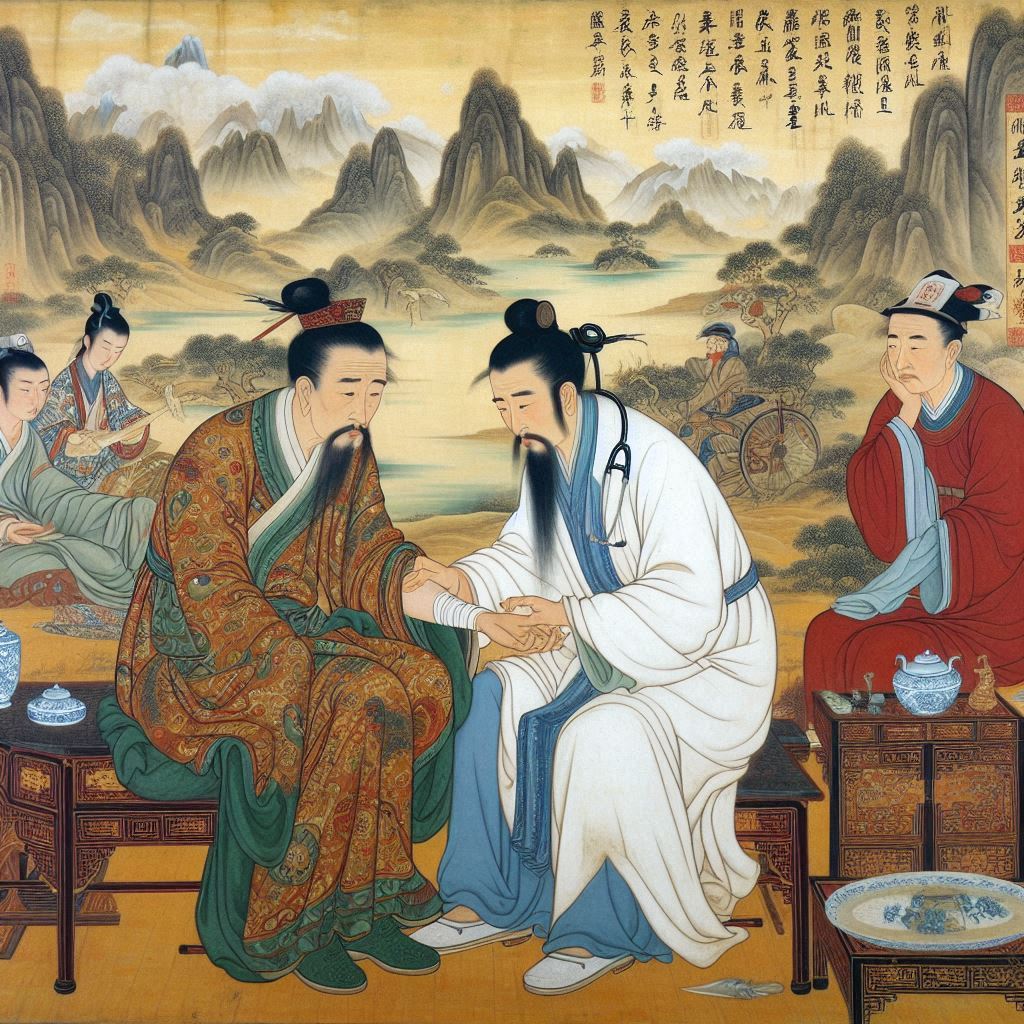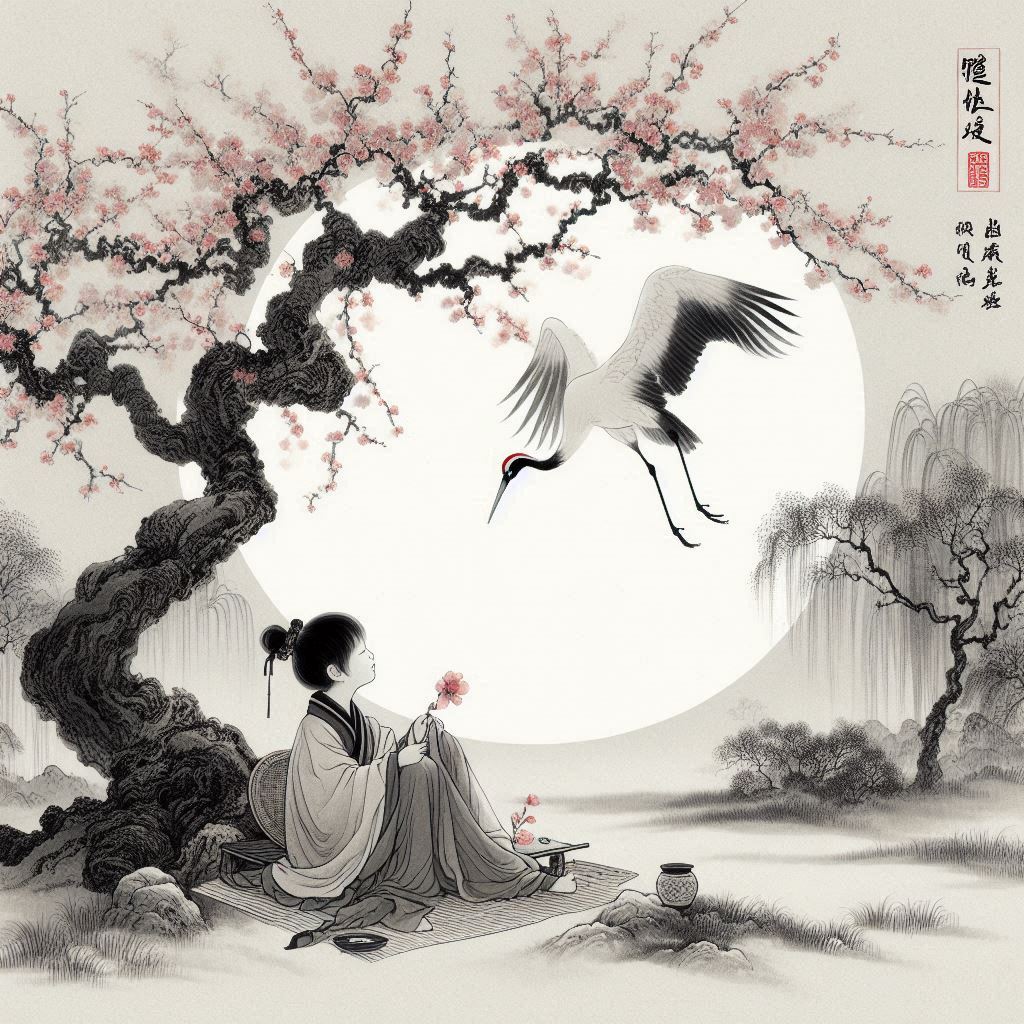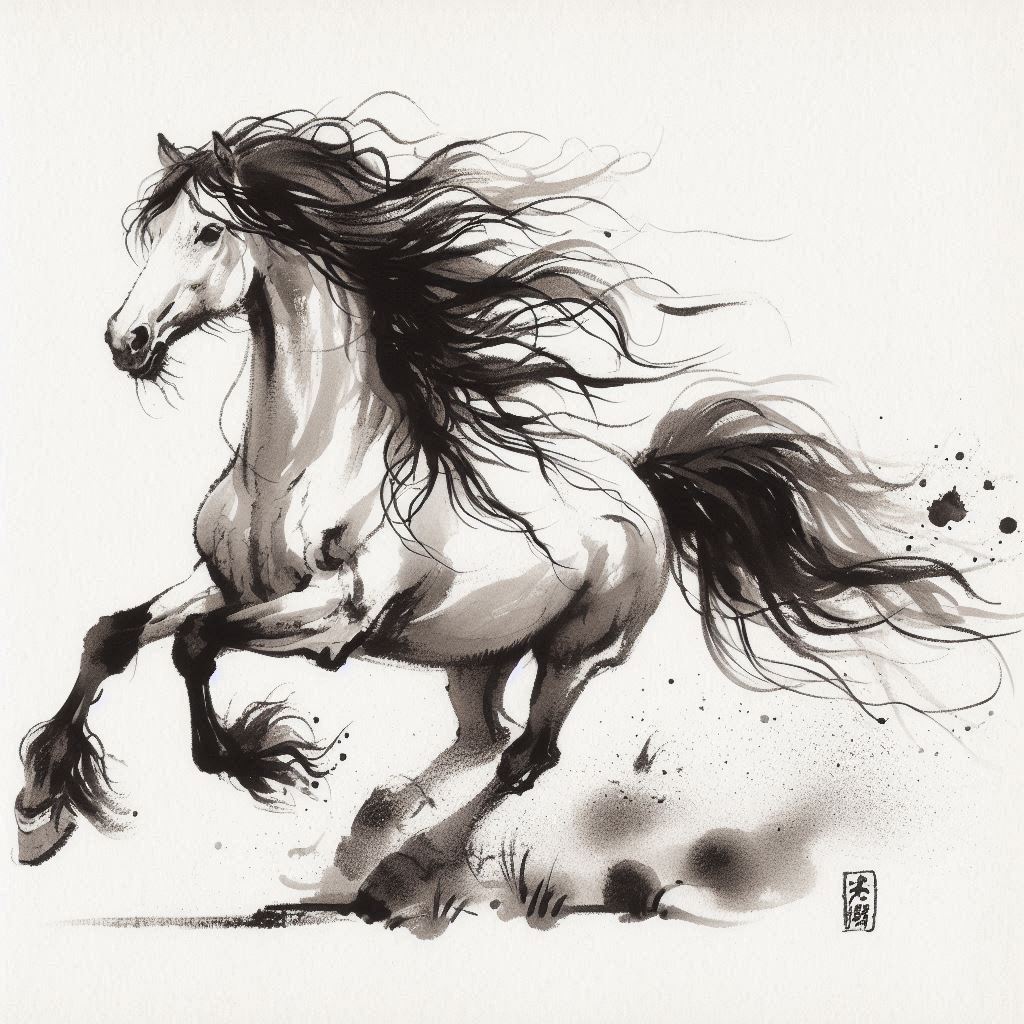
Pensiveness refers to overthinking and excessive mental and intellectual stimulation. Going obsessively over the same thought or experiencing the same emotion, without the ability to let go, is pensiveness.
Pensiveness relates to the Spleen.
Note: In traditional Chinese medicine the concept of the Spleen largely differs from the understanding of the spleen in Western medicine. In TCM main function of the Spleen is the transformation of food into "food essence". The symptoms of an imbalanced Spleen in TCM point to imbalance in the digestion. So in order to avoid confusion whenever we refer to the Spleen in this project we will think about the collective work of some organs and systems that participate in the digestion rather than solely focus on the organ spleen as defined in Western science.
Pensiveness consumes the Qi of the Spleen which will impair its function - to transform food into food essence, Qi and blood. Long-term Spleen Qi deficiency will lead to digestion-related issues as well as low energy, tiredness, fatigue and poor concentration. Dampness in the Spleen among other things will lead to feeling of heaviness in the body and cloudy head. On mental level "sticky" thoughts and emotions are usually a sign of "dampness in the Spleen".
One way to counteract pensiveness is to tonify the Qi of the Spleen and if necessary to clear dampness (to learn more read the materials about the Spleen in the Physiology chapter)
Another way to counteract pensiveness is to practice contentment.
YS
Maciocia, Giovanni (1989). The Foundations of Chinese Medicine. Edinburgh: Harcourt Publishers Limited
Related Articles:
The Seven Emotions - Internal Cause of Disease
The Toxic Effect of Disturbing Emotions and Some Ways to Approach Them









